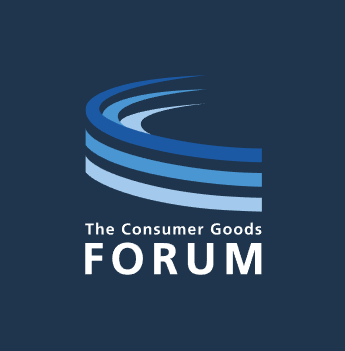Thai Union Is Driving Alignment and Improvement in the Seafood Sector Using the SSCI Benchmark Tool
Seafood is one of the most traded commodities in the world and also one of the largest industries, with the sector employing at least 260 million workers worldwide. However, it is one of the most at-risk industries from a social sustainability perspective.
Facing heightened concerns about ethical and labor conditions within the seafood sector, Thai Union, one of the world’s leading seafood producers with a 46-year history, recognised the need to address shortcomings in monitoring, regulations and conventions across all fishing vessels in their global supply chain. With limited established external standards in place, Thai Union, like many in the industry, had to establish and rely on internal codes of conduct.
To meet the evolving landscape of sustainability and ethical practices, Thai Union proactively aligned its Fishing Vessel Improvement Program and Vessel Code of Conduct (VCoC) with industry benchmarks – specifically the Consumer Goods Forum’s (CGF) Sustainable Supply Chain Initiative (SSCI) At-Sea Operations criteria.
While Thai Union does not own fishing vessels and is not eligible to apply for SSCI “recognition” as they are not a certification scheme, they still went above and beyond to collaborate with the SSCI to and assess their VCoC program to a stringent degree.
- Key updates to Thai Union’s VCoC resulting in alignment with SSCI at-sea operations criteria
- Program enhancements, including internal processes for social auditor selection and improved audit management
- Development of formal processes for tracking improvements, reporting feedback, and handling complaints
- Handbook guidance for auditors to align methodologies and interpretation of the VCoC
"Following this exercise, we're pleased to say that our VCoC program aligns with the SSCI's at-sea operations criteria. The process has not only improved our program but also set an example for continuous improvement and due diligence in the entire seafood industry."
Tracy Murai, Assistant Director of Global Fisheries and Marine at Thai Union
This case study underscores the value of collaboration between private companies and industry initiatives like the CGF’s SSCI. While not applicable nor seeking SSCI recognition, Thai Union has proven how the SSCI Benchmarking tool can be used by companies taking due diligence seriously to align with industry standards, fostering a commitment to continuous improvement.
- Alignment is possible: Private programs can align with industry benchmarks, fostering ethical practices
- Continuous improvement: Applying the benchmarking tool drives ongoing enhancements, setting a standard for the entire sector
- Industry collaboration: Partnerships between companies and industry initiatives promote shared values and drive positive change




